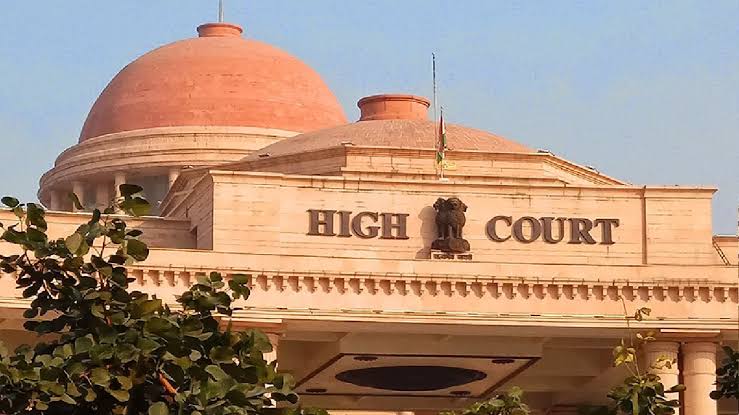


The Supreme Court of India has raised questions about the privacy implications of requiring accused individuals to share their live location via “Google PIN” as a condition of their bail. This inquiry marks a significant moment in India's ongoing dialogue about privacy rights, delving into the technological and ethical aspects of digital surveillance.
A bench comprising Justice Abhay S. Oka and Justice Ujjal Bhuyan, has expressed preliminary concerns over whether such bail conditions infringe upon the fundamental right to privacy, a right that has been increasingly spotlighted in the nation’s legal landscape.
In an effort to understand the technical workings and privacy implications of Google PIN, particularly in its application as a bail condition, the Supreme Court has issued a notice to Google India Private.
The court clarified that Google is neither being implicated in the legal proceedings nor is it a party to the proceedings but is requested to provide information crucial to the court's understanding.
"The company shall file an affidavit along with the necessary documents explaining the workings of Google PIN in the context of bail conditions," stated the Supreme Court, highlighting the need for comprehensive understanding before making a judicial determination.
This move comes after the Ministry of Electronics and Information Technology advised the court to seek insights from Google India for technical expertise, highlighting the nuanced challenge of balancing the needs of law enforcement with the protection of individual privacy rights.
In addition to the concerns surrounding live location sharing, the Supreme Court is concurrently examining the legality of making bail for foreign nationals contingent upon assurances from their respective embassies that they will not exit India.
This condition aims to minimise the risk of foreign individuals absconding and evading legal proceedings. However, the court is evaluating the implications such conditions may have on international relations and the sovereignty of diplomatic missions, alongside their impact on the rights of the accused.
TAGS: Supreme Court of India privacy implications accused individuals live location Google PIN bail condition fundamental right to privacy